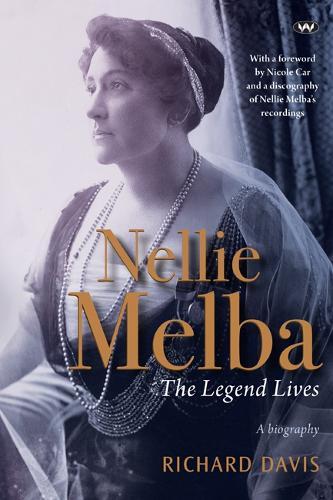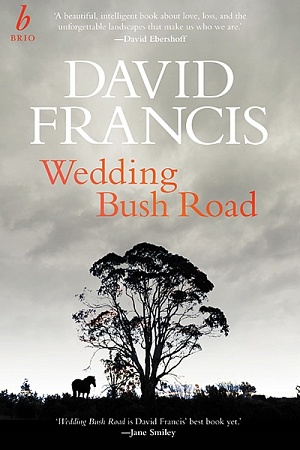Unaccountable Hours: Three novellas
UWA Publishing, $32.95 pb, 352 pp
Unaccountable Hours: Three novellas by Stephen Scourfield
Solitude is a wonderful enabler of art, but as we learn from Stephen Scourfield’s stories, it can engulf us in the absence of external balancing forces and can become dangerous in the process. Each of the characters in Stephen Scourfield’s three novellas (a craftsman, a novelist, and a student of nature) is a solitary, with the possible exception of Bea, the septuagenarian companion of Matthew Rossi in the second novella, Like Water, who is slightly more inclined towards relationships than Matthew, who says of his ‘fistful’of girlfriends, ‘In terms of human relationships, the only thing I enjoy more than their company is not having their company.’ When practised by Dr Bartholomew Milner, naturalist and Ethical Man, solitude’s dangers become obvious. This is only one of a number of themes that cross these three tales, but it is probably the most potent. Alton Freeman is the eponymous luthier in the first story. His mother and father, having spent vast amounts of money on his violin lessons, are pleased and disappointed, respectively, that he took what he learned from these lessons and transferred it into the craft of building stringed instruments. Alton Freeman’s voice comes not from his physically drawing the horse-hair bow across violin strings, but from his choice of raw wood materials, the shapes he carves, and the silent conversations he has with each instrument he makes. He is never Alton, but always Alton Freeman. Alton Freeman sits on a bus; Alton Freeman presents one of his first instruments, a mandolin, to his parents. Alton Freeman is detached from the world. Thus the reader is invited to read his story with a sense of the weight of it all – the romance with his neighbour, the influential relationship with his mother, the steering of his career to its climactic moment – and to regard it as all very serious indeed. The violin is presented here as an instrument fit only for such works as Bach’s partitas and sonatas. Alton’s drive stems from these works, specifically as they are performed by his childhood idol, Monica Erica Greenbaum. It is her version of Bach that Alton seeks to imitate; this is the noblest of noble ambitions (so we are told), and one that will see him travel across the world. ‘There is also no mistaking what the violinist must do. Johann Sebastian Bach’s six partitas and sonatas for solo violin are among the most exquisite and technically demanding of his extraordinary works. They are works tinted by genius.’
Continue reading for only $10 per month. Subscribe and gain full access to Australian Book Review. Already a subscriber? Sign in. If you need assistance, feel free to contact us.















Leave a comment
If you are an ABR subscriber, you will need to sign in to post a comment.
If you have forgotten your sign in details, or if you receive an error message when trying to submit your comment, please email your comment (and the name of the article to which it relates) to ABR Comments. We will review your comment and, subject to approval, we will post it under your name.
Please note that all comments must be approved by ABR and comply with our Terms & Conditions.